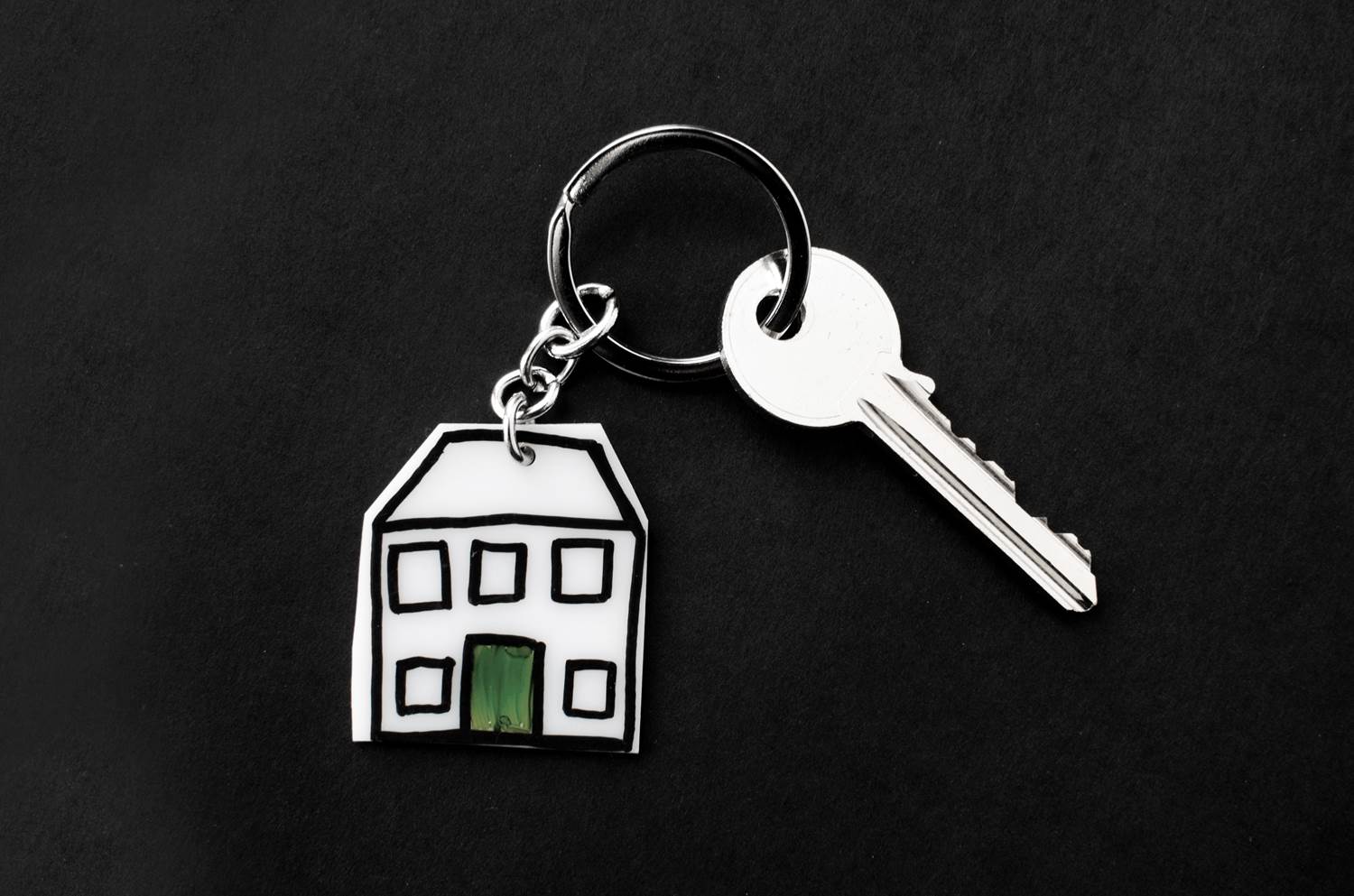
New Construction Rules Place a Firm Focus on Health and Safety.
Date: 16/11/2015 | Construction, Real Estate
Last month new rules governing all building and construction projects across the UK came into full effect as the Government’s Construction Design and Management (CDM) Regulations Bill finally went on to the statute books.
The new regulations are designed to enhance the health, safety and welfare of those who work on building sites and while they do not mark a radical departure from the 2007 Regulations, they will have a significant impact across the construction sector. There is a noted change in the emphasis of the language with the word ‘shall’ largely being replaced by ‘must,’ and the potential for criminal sanctions to apply where there is a breach of the rules.
There are also some more fundamental changes in the new regime, including the abolition of the CDM Co-ordinator role and the new requirement for a Principal Designer, in addition to the previous requirement for a Principal Contractor.
The responsibilities of the Principal Designer are similar to those previously assigned to the CDM Co-ordinator, namely having primary responsibility for planning, managing, monitoring and co-ordinating health and safety during the pre-construction phase and liaising closely with the other parties during the construction phase in order to ensure that the project is carried out without adverse risks for those who are working on the site. It is now also the Principal Designer’s responsibility to prepare, review, update, revise and handover the health and safety file. The Principal Contractor is responsible for planning, managing and monitoring the construction phase of a building project, and for ensuring co-operation between the various contractors employed on the project.
The appointment of a Principal Designer is required on all construction projects where more than one contractor is involved and must be made in writing as soon as practicable and before the construction phase begins. Where a client fails to appoint a Principal Designer, it must take on these roles itself.
As well as appointing the Principal Designer and Principal Contractor, the client must also take reasonable steps to ensure that they both have the skill, knowledge and experience to fulfil the roles required and comply with their duties under the regulations throughout the life of the project. This is an ongoing requirement throughout the duration of the project.
Other key changes include the need for written construction phase plans for all construction projects and the removal of an exemption for ‘domestic’ clients, including those carrying out home improvement projects. Domestic clients, however, won’t need to know much about these rules as these statutory duties will be passed to their builder and designer.
The new regulations will however place a greater degree of responsibility on firms who are instructing building projects. They will now be required to, as the Act states, ‘make suitable arrangements for managing a project’ and must ‘ensure that these arrangements are maintained and reviewed throughout the project.’ They must also notify a construction project to the Health and Safety Executive (HSE) before any work can begin where the works are likely to last longer than 30 working days and have more than 20 workers on-site simultaneously, or if the project is likely to exceed 500 person days for it to be completed. They must also ensure that before any construction work begins a construction phase plan is drawn up by the Principal Contractor. Through the Principal Designer, they are also required to produce a health and safety file for the project which is revised from time to time and kept available for inspection.
The new responsibilities for clients and the clearer wording about the consequences of failing to comply with the regulations are what really set the new CDM regulations apart from the previous ones. This may put some extra pressure on the construction sector whilst parties get to grips with the new rules, but the short term pain will be well worth the long term gain. According to the HSE, around 1.2 million working days are lost each year in the UK construction industry due to ill health which is work related and a further 500,00 days lost due to on-site injuries. Making the sector a safer environment for workers by fostering good management of health and safety on construction sites is not only in the best interests of employee welfare but there’s also a strong business case for it.
If you have any queries, or would like to discuss any of the matters raised in this article, please do not hesitate to get in touch with Simone Young on 0131 625 9191 or by email.
This article first appeared in The Scotsman on 16th November 2015.























































































